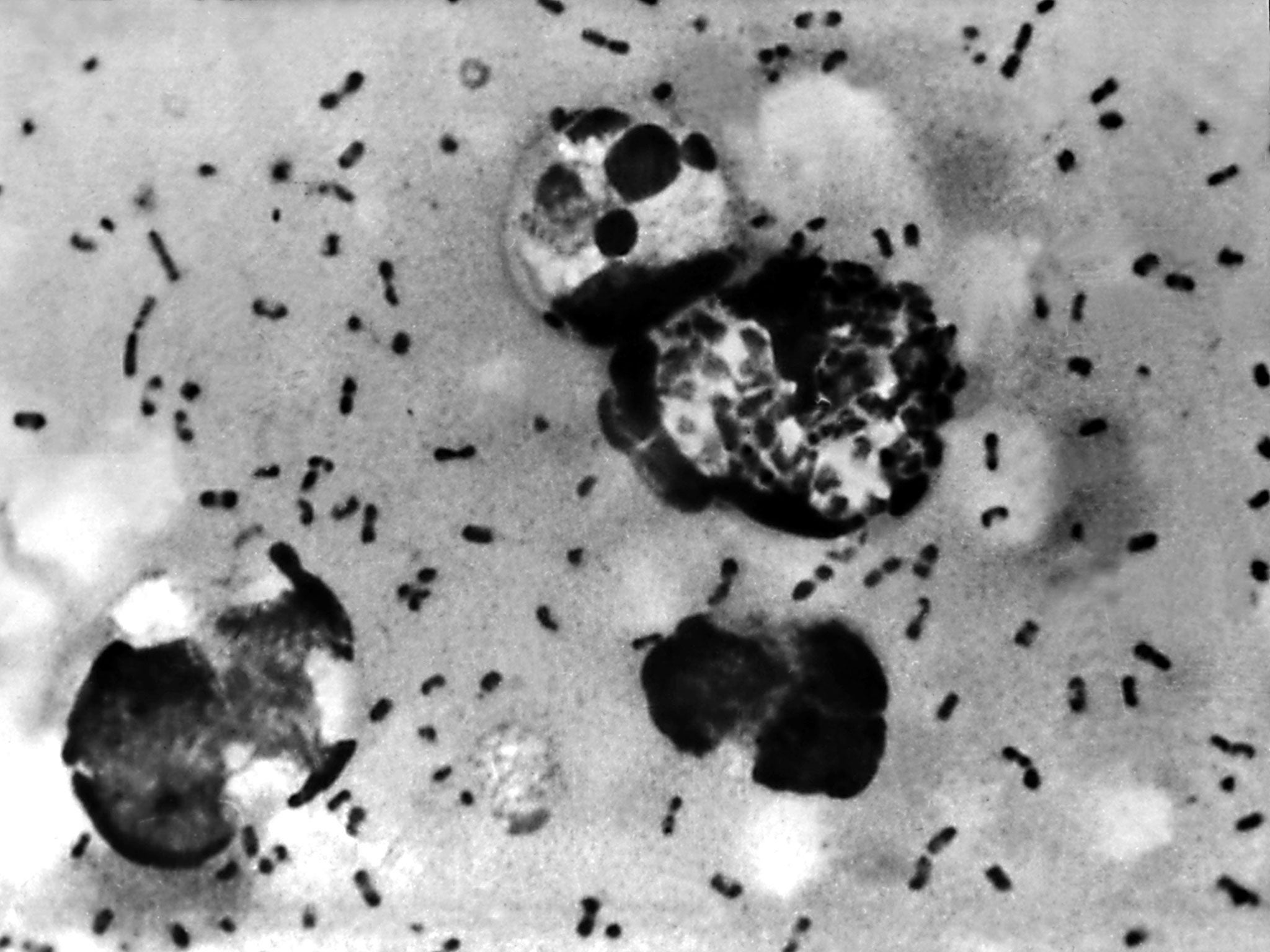Plague outbreak in Madagascar kills 40 people out of 119 confirmed cases
The majority of people affected have the bubonic plague

Your support helps us to tell the story
From reproductive rights to climate change to Big Tech, The Independent is on the ground when the story is developing. Whether it's investigating the financials of Elon Musk's pro-Trump PAC or producing our latest documentary, 'The A Word', which shines a light on the American women fighting for reproductive rights, we know how important it is to parse out the facts from the messaging.
At such a critical moment in US history, we need reporters on the ground. Your donation allows us to keep sending journalists to speak to both sides of the story.
The Independent is trusted by Americans across the entire political spectrum. And unlike many other quality news outlets, we choose not to lock Americans out of our reporting and analysis with paywalls. We believe quality journalism should be available to everyone, paid for by those who can afford it.
Your support makes all the difference.At least 40 people have died out of 119 confirmed cases of an outbreak of the plague in Madagascar, raising fears the disease is spreading rapidly in the nation's capital, the World Health Organisation (WHO) has revealed.
Since August, two cases and one death have been recorded in the capital Antananarivo, but WHO officials have warned the figure could climb owing to a potentially lethal combination of the city’s high population and its weak healthcare system.
Officials added the outbreak could be complicated by the high levels of resistance in the area to deltamethrin, an insecticide used to control fleas.
The bacterial disease is mainly spread between rodents by fleas. Humans bitten by an infected flea usually develop a bubonic form of plague, which swells the lymph node and can be treated with antibiotics, the WHO said.
If the bacteria reach the lungs, the patient develops pneumonia (pneumonic plague), which is transmissible from person to person through infected droplets spread by coughing. This form is "one of the most deadly infectious diseases" and can kill people within 24 hours. But so far only two per cent of the cases reported in Madagascar so far have been pneumonic, it added.
The first case in the outbreak was recorded on 31 August, in a man from Soamahatamana village in the district of Tsiroanomandidy. He died three days later on 3 September. Authorities notified the WHO of the outbreak on 4 November, the agency said.
The WHO said it did not recommend any trade or travel restrictions based on the information available about the outbreak.
The last previously known outbreak of the plague was in Peru in August 2010, according to the WHO.
The outbreak comes as some 6,770 km away, West Africans in Liberia, Guinea, Sierra Leone, Nigeria, and Mali battle against the deadly Ebola virus.
The death toll has risen to 5,459 out of 15,351 cases, the WHO announced on Friday.
UN Secretary-General Ban Ki-moon said that Ebola may be easing in part of West Africa, but says it's still hitting hard in other areas and outpacing the international response.
Subscribe to Independent Premium to bookmark this article
Want to bookmark your favourite articles and stories to read or reference later? Start your Independent Premium subscription today.
Join our commenting forum
Join thought-provoking conversations, follow other Independent readers and see their replies
Comments